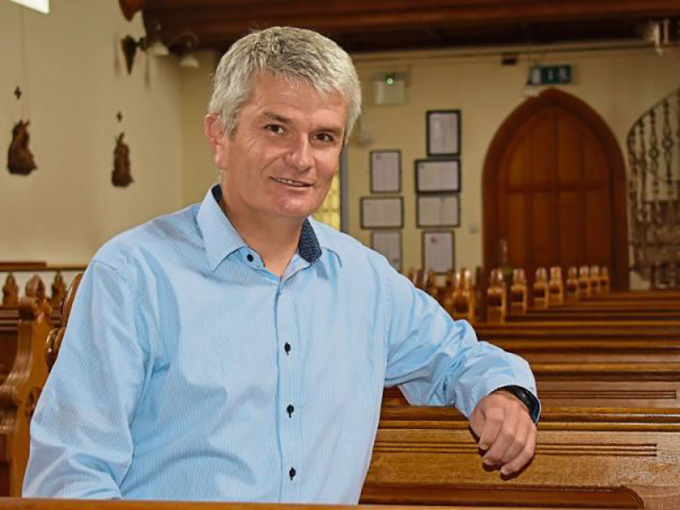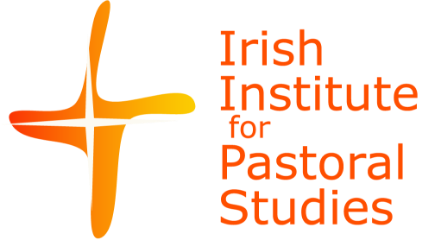About
The Institute for Pastoral Studies aims to enable the fulfilment of a new vision for the Church in Ireland to meet the current challenges it faces. The Institute will seek to avail of opportunities to work in partnership with the wider community becoming an active partner and contributor to the work of dioceses and parishes.
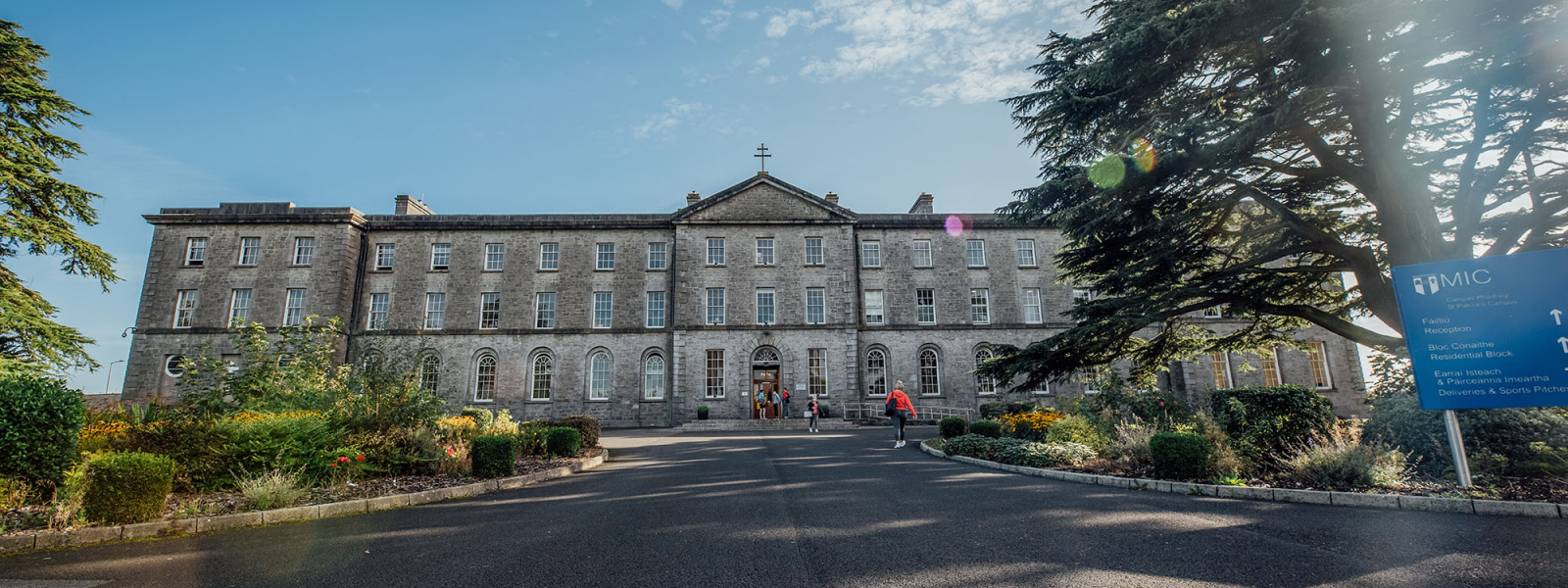
History
Mary Immaculate College was established as a dedicated primary teacher training college in 1898 by Bishop Edward Thomas O' Dwyer, Roman Catholic Bishop of Limerick and the Sisters of Mercy. The role of the College was expanded in 1992 to offer a Liberal Arts programme, while continuing to run both undergraduate and, more recently, postgraduate courses leading to primary education practice. It is located on South Circular Road in Limerick, Ireland. It became academically linked to the University of Limerick in 1991 and all degrees, certificates and other educational awards offered at the college are accredited by the University.
St. Patrick's College, Thurles was founded in 1837 and operated as a seminary for many years. In 1988 after a gap of 81 years, lay students were readmitted to the college. In 2002 the college ceased to function as a seminary having ordained over 1,500 men for the priesthood. Today St. Patrick's offers degrees validated by the University of Limerick, in Theology, Business Studies, Irish and Religious Studies and education, Irish Studies and Education, as well as programmes in pastoral ministry. The incorporation into Mary Immaculate sees the college re-branded as MIC St. Patrick’s Campus, Thurles.
This original rationale that underpinned the founding of Mary Immaculate College and St. Patrick’s College is still relevant – the founding intention still speaks. Since its foundation the College has sustained its commitment to academic excellence, while offering a distinctive ethos and mission informed by the vision of Catherine MaCauley. The institutional distinctiveness of Mary Immaculate College is evidenced by the fact that academic programmes are at the service of a deeper function emphasised by the College of imparting to its students that which is necessary for a flourishing life. This is also true of St. Patrick’s, originally established as a seminary to provide priests for the Church at home and abroad, St. Patrick’s has provided leaders for communities in Ireland and throughout the world.
The distinctiveness of Mary Immaculate College and of St. Patrick’s is clearly evident – the distinctiveness of these two institutions coming together and developing a Pastoral Institute for the Irish Church is very exciting.
“Lay people are, put simply, the vast majority of the people of God. There has been a growing awareness of the identity and mission of the laity in the Church. At the same time, a clear awareness of this responsibility of the laity, grounded in their baptism and confirmation, does not appear in the same way in all places. In some cases, it is because lay persons have not been given the formation needed to take on important responsibilities.”
Mission Statement
The Institute aims to enable the fulfilment of a new vision for the Church in Ireland to meet the current challenges it faces. This requires that we enable the Irish Church to move from a maintenance to mission model in accordance with the vision of Pope Francis (Evangelli Gaudium) and from transactional leadership to transformational leadership. The Institute will resource those with responsibility for ministry, evangelisation and pastoral renewal through a variety of accredited and non-accredited programmes. We will facilitate the transition from a service model of Church to a Church that sees itself as a community of communities enabling all the faithful to give full expression to their baptismal call; to be ‘agents’ rather than ‘clients’ helping the Church in Ireland to exercise its pastoral and social mission of promoting the Kingdom of God.
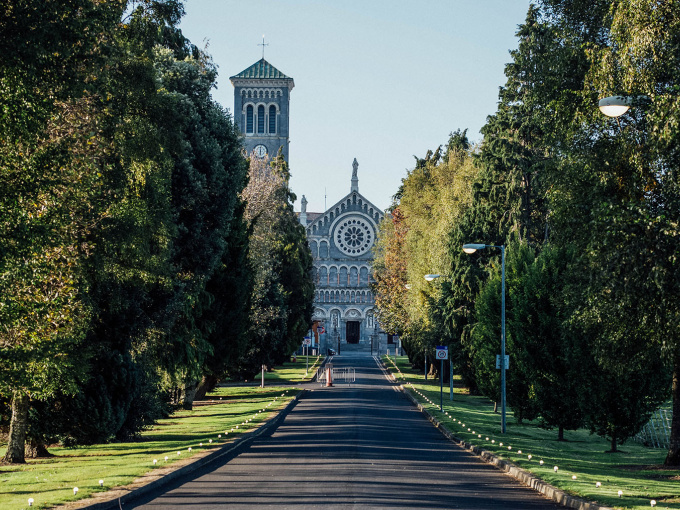
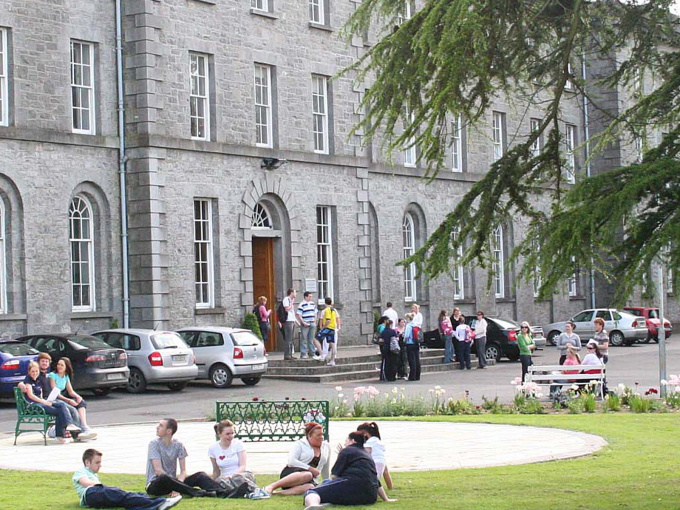
Vision statement
Increasingly pastoral ministry in Ireland occurs within a missionary context, i.e. with a focus on reaching out and engaging with an increasingly secular culture. The Institute aims be actively involved in the local Church enabling it to exercise its pastoral and social mission of promoting the Kingdom of God. The Institute aims to translate the theology of the Second Vatican Council into pastoral practice, thus promoting a Church in which all can take their appropriate role in the local faith community.
Meet the Director
Fr. Éamonn joined Mary Immaculate College, Department of Theology & Religious Studies as Co-Ordinator of the NOSTRA programme in 2005. He has taught Christology and Sacramental Theology in MIC and has taught a variety of modules on the Nostra Programme. He is currently the Director of The Irish Institute for Pastoral Studies, based in the Thurles Campus of MIC, and is also Episcopal Vicar for Pastoral planning in his home diocese of Limerick.
He was Director of the Limerick Diocesan Synod which took place in April 2016 and has served in parish ministry, as Director of a Diocesan Pastoral Centre, as Director of Youth Ministry and as Vicar General of the Diocese of Limerick.
